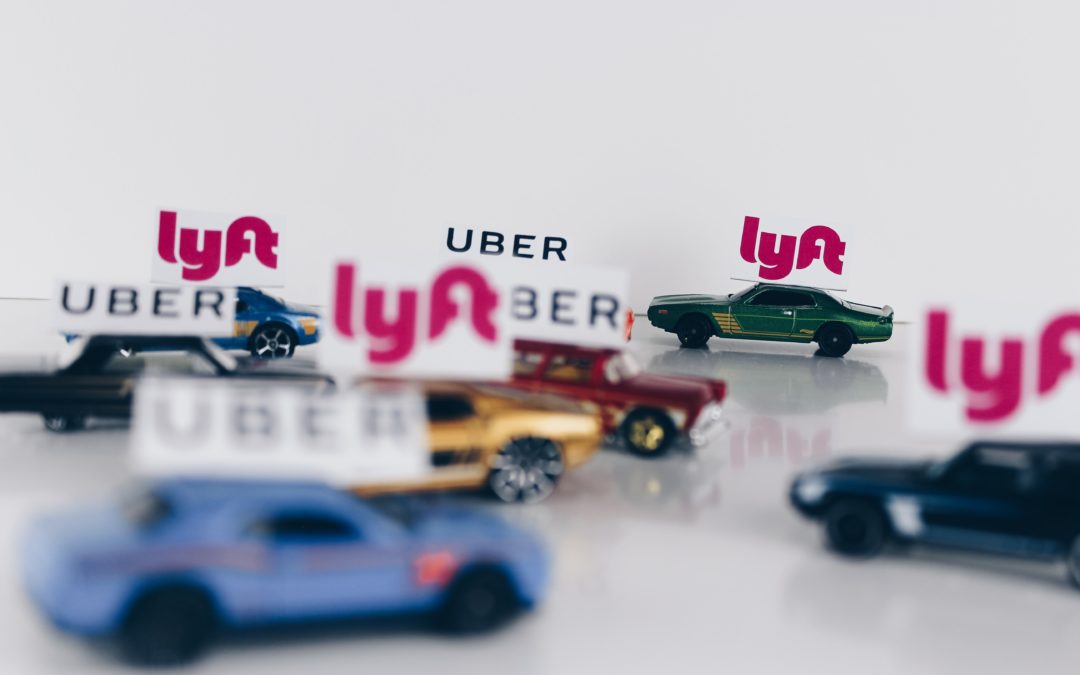While Uber provides a generous $1 million insurance policy for all its drivers, some rules and certain stipulations apply for the Uber accident claims insurance policy to take effect. The technology company’s insurance coverage is part of a three-part insurance plan depending on the availability of the driver and whether they are riding with a passenger. Here is how it breaks down:
Scenario # 1 – Driver is Carrying a Passenger and Available
This is the most straightforward situation. If the Uber driver is on duty and listed as “available” on the Uber app and the driver has a passenger in his vehicle at the time the car accidents occurs, then the $1 million insurance policy will apply. This policy also covers third-party liability (e.g., bike messengers).
Scenario # 2 – Driver is Available but Has No Passenger
If an Uber driver is involved in a car accident while listed as available on the app but not yet riding with a passenger, then the driver’s personal auto insurance will apply, not Uber’s. However, the driver can request additional coverage from Uber if necessary. According to the insurance policy, the company will cover up to $100,000 for personal injuries and up to $25,000 for property damage.
Scenario # 3 – Driver Does Not Have a Passenger and Is Not Available
This is the worst-case scenario for all parties involved. If the Uber driver is involved in an accident but is not available or conducting Uber business but driving his car for personal use, then Uber’s insurance policy does not apply at all. This means that the driver is on the hook and must use his personal insurance policy.
One upside is that the Uber insurance policy does include coverage for accidents involving uninsured and under-insured motorists.
Why Uber Insurance is So Complicated
Uber, Lyft, and other rideshare applications are not subject to the same rules that govern taxi companies and drivers. When a taxi driver is involved in an automobile accident, the taxi company can be held responsible for that driver’s negligence, whereas companies like Uber and Lyft can deny liability, leaving driver’s personally responsible.
The reason that rideshare companies can do this is that Uber and Lyft drivers are considered independent contractors. Since Uber does not consider its drivers to be “employees”, this can make it difficult for passengers involved in an Uber accident to recover from the company. Even in instances where the Uber driver’s negligence led to the accident due to distracted, intoxicated, or reckless driving, in many instances, the driver is solely responsible. Furthermore, many insurance companies discourage drivers from using their car to provide rideshare services, thus limiting the amount an injured passenger can recover from the driver’s personal insurance company.
Speak with an experienced ride-sharing accident attorney
It is wise to consult with a representative who specializes in car accident cases involving Uber, Lyft, or another rideshare company, whether you are a passenger, driver, or third-party. Some attorneys are knowledgeable about the law governing car accidents and are eager to walk you through it.

